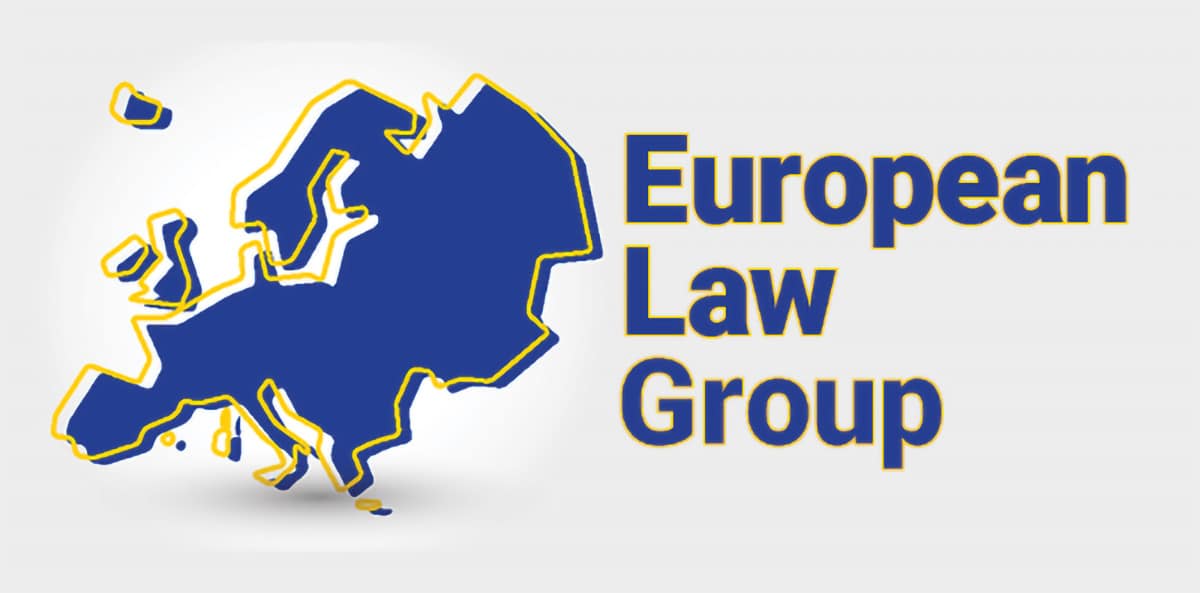Third European Law Group Conference 2024
The European Law Group, an Initiative of Max Planck Law, invites abstract submissions for the Third European Law Group Conference, to be hosted on 7 and 8 October 2024 at Harnack Haus in Berlin. This conference will bring together researchers with an interest in equality and anti-discrimination law and policy for an exchange of ideas on both longstanding and developing issues of inequality and discrimination in Europe.
Europe has an impressive history of enacting and implementing Treaty provisions and legislation aimed at preventing discrimination on different grounds. For instance, regarding the right to equal pay between men and women, the establishment of equal market access for European producers, and the prohibition of discrimination based on nationality between EU citizens and national residents. The EU’s Charter of Fundamental Rights has a Title dedicated to equality, not only comprising anti-discriminatory measures, but also positively framed provisions ensuring equality before the law. A plethora of secondary legislation aims at rendering anti-discrimination a social reality. This legislation prohibits discrimination on grounds of race or ethnic origin, workplace discrimination relating to religion or belief, disability, age, or sexual orientation, and generally provides for equal treatment between men and women. Furthermore, the CJEU has engaged in establishing harmonious anti-discrimination standards. This is particularly the case in seminal judgments aiming to increase both equality and European integration within the commercial and private law spheres. This similarly holds true for the European Court of Human Rights’ interpretation of the ECHR.
Despite the grand commitments to equality, diversity and inclusion in European law and policy, inequalities stubbornly persist. In a recent EU barometer, over 50% of citizens felt that discrimination on the grounds of several factors is ‘widespread’ in their country. Moreover, the gender pay gap in the EU is still measured to be over 12%. Vulnerable subsets of European society still have limited access to social mobility and increasing digitalization and technological advancement create possibilities for exclusion despite their vast social efficiencies. While there is a limited capacity for the law to genuinely initiate social change, the legal frameworks mentioned above could be adapted to realizing these goals more effectively.
Pervasive inequality raises questions about the substantive approach taken by European regional frameworks to anti-discrimination: is the traditional rubric of anti-discrimination still fit for purpose, or should we be striving for more positive action? Are the current protected characteristics of equality law broad enough to represent excluded demographics of society? Can anti-discrimination law, or the law in general, become more intersectional? Pressingly, the further the boundaries of anti-discrimination law are stretched to accommodate emerging inequalities, the more complicated the application and interpretation of anti-discrimination principles become. Even in the technical application of explicit equality-enhancing rules, there are difficulties to be overcome: what is the difference between direct and indirect discrimination, and should there really be a difference in weighing these issues? What are possible ‘justifications’ for treating cases substantively different? Answering these and further questions arising in this context may not make up for pervasive shortfalls in equality, but would contribute to a more egalitarian society.
Abstract submission
A plethora of European law issues can be examined through the lens of equality and non-discrimination, and we look forward to seeing a diverse range of topics, perspectives, and methodologies in our panels. We are interested in abstracts from scholars working on all areas relating to anti-discrimination and equality, such as equality and non-discrimination in labour regulation, the prohibition of nationality discrimination, theories of equality and methods of achieving equality through law, intersectionality and anti-discrimination law, the relationship between EU and ECtHR equality and anti-discrimination case law, the influence of EU equality and anti-discrimination law on the development of rules of international law, anti-discrimination measures in reference to digital markets, discrimination in the context of EU economic and private law, and any other relevant areas.
The conference is addressed to Assistant Professors, Postdocs, PhD Candidates, advanced students with academic aspirations, and early career professionals (within 5 years after commencing a professional activity). The call is open to all such researchers, including (but not limited to) affiliates of Max Planck Institutes. The conference language is English. Co-authorship is allowed. We invite all interested in presenting at the conference to submit (1) an anonymized abstract of no more than 500 words and (2) a short CV, both in separate PDF documents, to europe@law.mpg.de by 10 May 2024. We aim to communicate selections by 10 June 2024.
Selected participants are expected to send a draft paper due on the 9 September 2024. Reimbursement of travel costs is conditional on the submission of draft papers. We have partnered with European Law Open to provide for a publication possibility, subject to successful review process. Some funding will be available to cover the costs of travel and accommodation (max. 2 nights), with the total amount of funding per participant to be announced after the selection process.
Organizers: The European Law Group
Lea Berger (Max Planck Alumni)
Johannes Blaschczok (Ludwig Maximilian University Munich)
Walter Bruno (Luxembourg Centre for European Law, Max Planck Alumni)
Teresa Vieira da Silva Cabrita (Max Planck Institute for Legal History and Legal Theory)
Nina Cozzi (Max Planck Institute for Legal History and Legal Theory)
Sarah Fuchs (Max Planck Institute for Legal History and Legal Theory Alumni)
Mateusz Grochowski (Max Planck Institute for Comparative and International Private Law)
Anna Hoberg (Max Planck Institute for Legal History and Legal Theory)
Victoria Hooton (Max Planck Institute for Legal History and Legal Theory)
Lena Hornkohl (University of Vienna, Max Planck Alumni)
Jan-Henrik Meyer (Max Planck Institute for Legal History and Legal Theory)
Nada-Ina Pauer (Max Planck Institute for Innovation and Competition)
Sigfrido Ramírez Pérez (Max Planck Institute for Legal History and Legal Theory)
David Preßlein (Max Planck Institute for Social Law and Social Policy)
Gustavo Weiss de Resende (Vienna University of Economics and Business, Max Planck Alumni)
